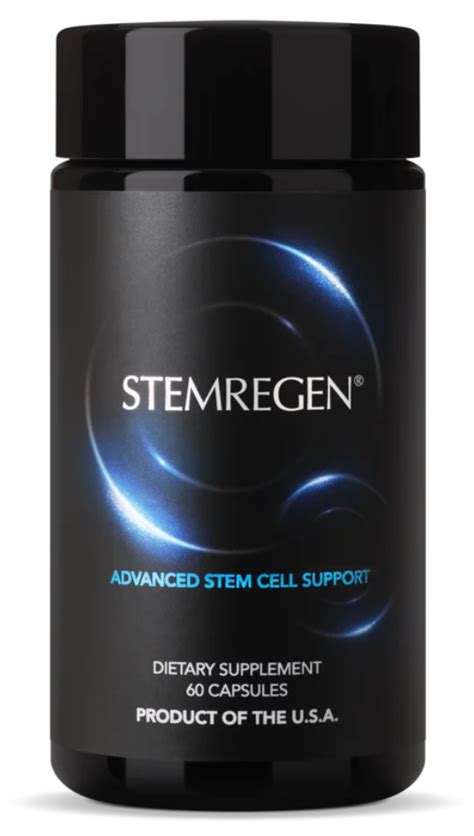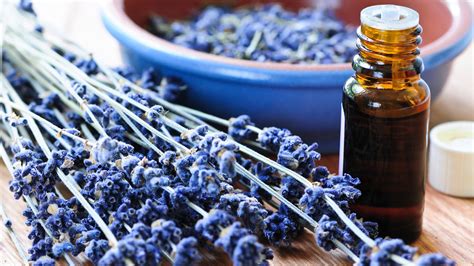How to optimize recovery to sustain peak strength & masculine performance?

In the relentless pursuit of peak physical strength and unwavering masculine performance, many men focus predominantly on the intensity and volume of their training. While crucial, the true secret to sustained gains and overall vitality lies not in the gym, but outside of it: in the realm of optimized recovery. Adequate recovery isn’t just about feeling less sore; it’s about rebuilding muscle, restoring hormonal balance, enhancing cognitive function, and preparing the body and mind to conquer new challenges. Neglecting this vital phase can lead to stagnation, injury, burnout, and a decline in both physical and mental well-being.
The Cornerstone of Recovery: Quality Sleep
No recovery modality is as potent or as fundamental as deep, restorative sleep. During sleep, your body undergoes critical repair processes: muscle tissue is regenerated, growth hormone is released, and the central nervous system recovers from the day’s stressors. Chronic sleep deprivation directly impairs strength, reduces testosterone levels, increases cortisol, and dulls cognitive function, all detrimental to peak performance.

To optimize your sleep, aim for 7-9 hours of quality, uninterrupted sleep per night. Establish a consistent sleep schedule, even on weekends, and create a calming pre-sleep routine. Minimize blue light exposure from screens an hour before bed and ensure your sleep environment is dark, quiet, and cool.
Fueling for Resilience: Nutrition & Hydration
What you put into your body directly impacts its ability to recover and perform. Post-workout nutrition is critical for muscle protein synthesis and glycogen replenishment. Prioritize a balance of high-quality protein (around 0.8-1g per pound of body weight), complex carbohydrates, and healthy fats. Protein provides the amino acids necessary for muscle repair, while carbohydrates restock energy stores. Healthy fats support hormone production and overall cellular health.

Beyond macronutrients, micronutrients (vitamins and minerals) play a crucial role in countless metabolic processes vital for recovery. Ensure a varied diet rich in fruits, vegetables, and whole grains. Hydration is equally important; water is essential for nutrient transport, temperature regulation, and joint lubrication. Dehydration can severely impede performance and recovery, so aim to drink plenty of water throughout the day, especially around your workouts.
Mastering Stress: Mental Fortitude & Hormonal Balance
Physical stress from training is necessary for adaptation, but chronic psychological stress can be a silent killer of progress. Elevated cortisol levels due to unmanaged stress can hinder muscle growth, suppress testosterone, and impair sleep. Cultivating mental resilience is an integral part of recovery.

Incorporate stress-reducing practices into your daily routine, such as mindfulness meditation, deep breathing exercises, spending time in nature, or engaging in hobbies. Prioritize work-life balance and learn to say no to commitments that overextend you. Addressing mental and emotional well-being is not just about feeling better; it’s a direct pathway to better physical recovery and sustained performance.
Active Strategies: Movement & Mobility
While rest days are crucial, complete inactivity isn’t always the best approach. Active recovery, such as light walks, cycling, or swimming, can promote blood flow, help remove metabolic waste products, and reduce muscle soreness without adding significant stress. Mobility work, including dynamic stretching, foam rolling, and yoga, improves range of motion, reduces stiffness, and can prevent injuries.

Regularly integrating these practices can enhance your body’s ability to recover between intense sessions, allowing you to train harder and more consistently. Pay attention to areas of tightness and spend extra time addressing them to optimize movement patterns and reduce muscular imbalances.
Targeted Support: Smart Supplementation & Modalities
While not a replacement for fundamental recovery pillars, certain supplements and modalities can offer targeted support. Creatine and BCAAs (branched-chain amino acids) can aid muscle recovery and growth. Adaptogens like Ashwagandha can help manage stress and support hormonal balance. Consider modalities like cold therapy (ice baths or cold showers) to reduce inflammation, or massage and percussive therapy for muscle soreness and blood flow.

Always approach supplementation with caution, consulting with a healthcare professional to ensure they are appropriate for your individual needs. These tools should be seen as enhancing an already solid recovery foundation, not as shortcuts.
Conclusion
Optimizing recovery is a sophisticated, multi-faceted approach crucial for any man aiming to sustain peak strength and masculine performance. It demands intentionality across sleep, nutrition, stress management, and active regeneration. By viewing recovery not as passive downtime but as an active, integral component of your training regimen, you unlock greater potential, enhance longevity, and build a resilient body and mind capable of consistently performing at its best.









